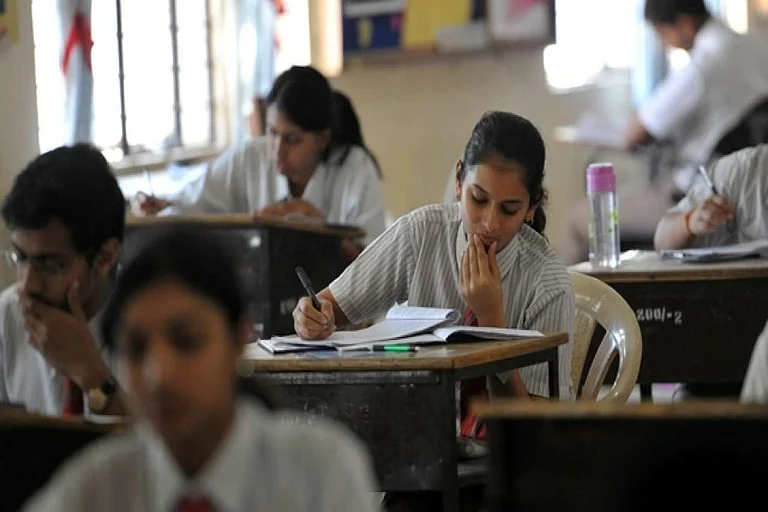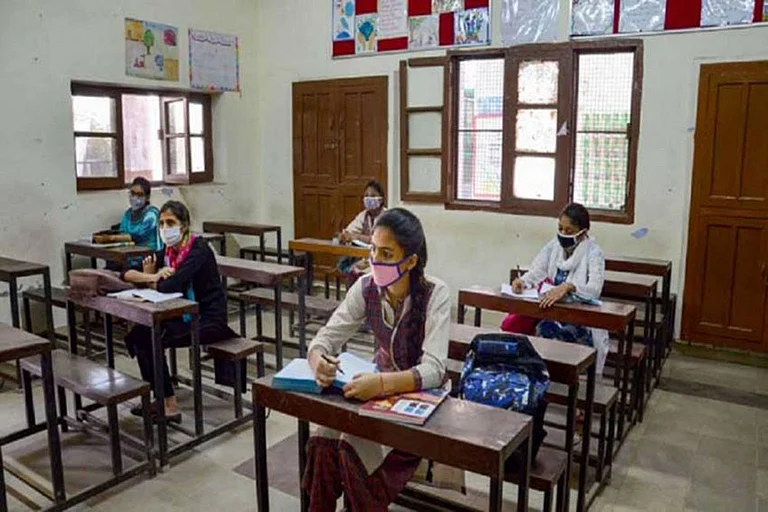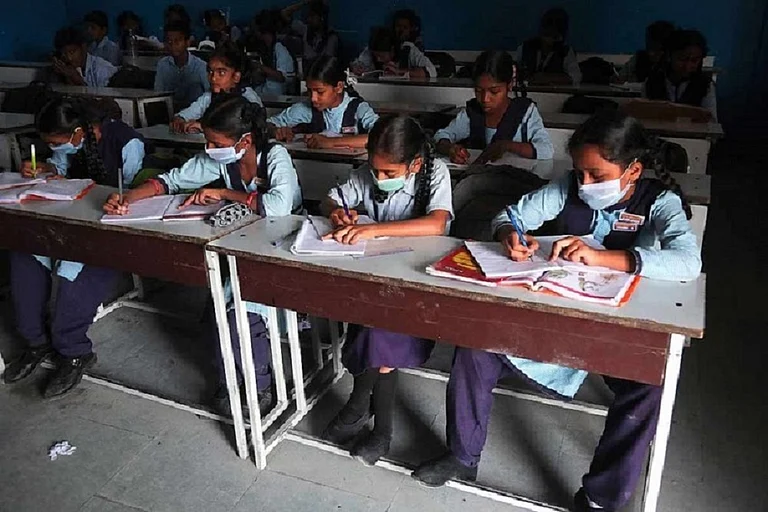In a bid to implement the National Credit Framework mentioned in the National Education Policy (NEP), the Central Board of Secondary Education (CBSE) has proposed significant revisions to the academic structure for secondary and higher secondary education, as per media reports.
From increasing the number of languages in the secondary and higher-secondary curricula to introducing the standard organized credit system, the Board has suggested several amendments to implement the framework.
It has been reported that the proposal has already been sent to all heads of CBSE-affiliated institutions towards the end of last year and they were also requested to review the proposal and provide feedback by December 5, 2023.
Changes in Class 10 curriculum
The proposed changes in the secondary curriculum include a transition from studying two languages to three, where at least two of these languages must be native to India.
As per the proposal, mathematics and computational thinking, social science, science, art education, physical education and well-being, vocational education, and environmental education are the seven key subjects that are recommended for Class 10.
Changes in Class 12 curriculum
For the Class 12 curriculum, the suggested modifications include a transition to studying two languages instead of one, with the prerequisite that at least one must be a native Indian language.
For Classes 11 and 12, instead of the existing five subjects, comprising one language and four electives, students would be required to study six subjects including two languages and four subjects, with an additional fifth subject if desired.
Revised passing criteria
Under the credit-based system, the Class 10 students would have to pass 10 subjects, including seven main topics and three languages, instead of the existing five subjects (two languages and three key subjects including math, science, and social studies) while Class 12 students would need to pass examinations in six subjects rather than five to complete high school.
National Credit Framework in School Education
It has been reported by The Indian Express that the recommended amendments are an integral part of the CBSE's plan to introduce a national credit framework in school education which will create an academic parity between vocational and general education, enabling smooth transitions between the two educational systems, as outlined in the National Education Policy 2020.
As of now, the traditional school education system does not follow any organized credit system. As per the new proposal, a full academic year would consist of 1,200 notional learning hours, or 40 credits, according to the CBSE proposal.
What is ‘notional learning’?
The term "notional learning" is defined as an estimated amount of time required by a typical learner to meet particular learning objectives. According to the new proposal, it will be compulsory for a student to complete a total of 1,200 study hours in a year to pass, with each topic being allotted a set number of hours. The time will cover both academic teaching taken in-house and extracurricular, experiential, or non-academic learning.
As a result, the learning objectives and credit requirements for each subject have been included in the curriculum structure. The Academic Bank of Credits, which may be accessed through a connected Digilocker account, will digitally record the credits that students have earned. These credits will be "independent" of the grades that students receive, according to an official CBSE document.


























